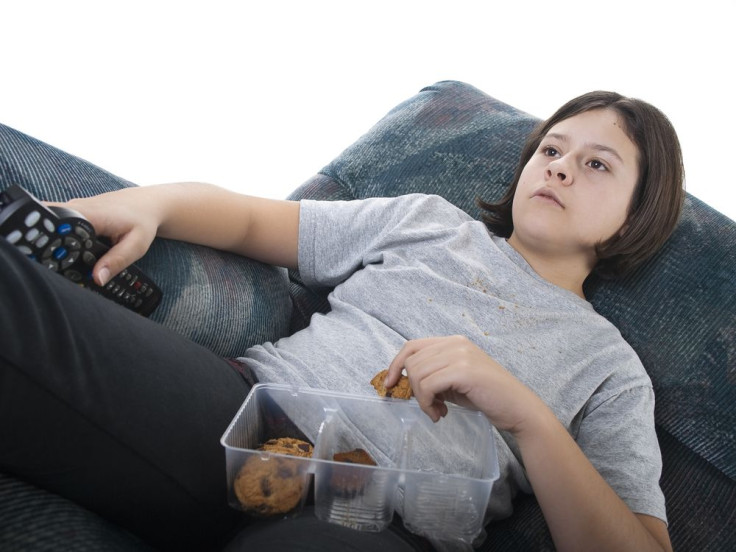Calling Girls 'Fat' Doesn't Make Them Lose Weight — It May Actually Make Them Fatter

Fat-shaming may seem like an effective way to force someone into losing weight, but research shows this method is actually counterproductive. A study out of the University of California, Los Angeles (UCLA) has revealed that calling girls “fat” when they around the age of 10 can play a role in them becoming obese by 19.
"When people feel bad, they tend to eat more, not decide to diet or take a jog," senior author and assistant professor of psychology in the UCLA College of Letters and Science, A. Janet Tomiyama said in a statement. "Making people feel bad about their weight could increase their levels of the hormone cortisol, which generally leads to weight gain."
Tomiyama and her colleagues from UCLA collected data from the National Heart, Lung and Blood Institute including the records of 1,213 African-American girls and 1,166 Caucasian girls living in Northern California, Cincinnati, and Washington, D.C. Each girl had their height and weight measured at the beginning of the study and again after nine years had passed. Fifty-eight percent of the girls were told they were too “fat” at the age of 10.
Compared to girls who were not told they were too “fat” at age 10, girls who were told they had a weight problem were 1.66 times more likely to become obese by the time they turned 19. The more people who told each girl they were “fat,” the more likely they were to adopt certain behaviors that led to obesity including overeating and lack of exercise.
"Simply being labeled as too fat has a measurable effect almost a decade later,” Tomiyama added. “We nearly fell off our chairs when we discovered this. Even after we statistically removed the effects of their actual weight, their income, their race and when they reached puberty, the effect remained. That means it's not just that heavier girls are called too fat and are still heavy years later; being labeled as too fat is creating an additional likelihood of being obese."
Strong4Life, a campaign started by Children’s Healthcare of Atlanta, used controversial print and television advertisements to try and shock parents and children into standing up against childhood obesity. The campaign’s “Stop Sugarcoating It, Georgia” ads depicted overweight children with hard-hitting messages such as “It’s Hard To Be A Little Girl If You’re Not.” To no surprise, the campaign was met by a slew of outraged parents and health care professionals who challenged both the ethics and the effectiveness of its message.
Source: Hunger J, Tomiyama J. Weight Labeling and ObesityA Longitudinal Study of Girls Aged 10 to 19 Years. JAMA Pediatrics. 2014.



























